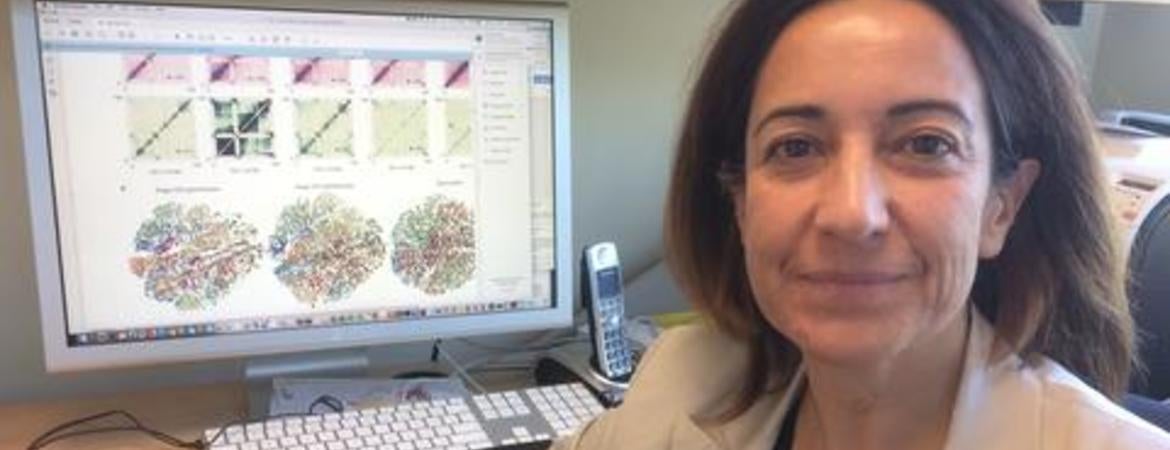College of Natural & Agricultural Sciences

An international research team led by scientists at the University of California, Riverside, and the La Jolla Institute for Immunology has found that malaria parasite genomes are shaped by parasite-specific gene families, and that this genome organization strongly correlates with the parasite’s virulence.
The findings highlight the importance of spatial genome organization in gene regulation and the control of virulence in malaria parasites.
“Our results underscore the idea that compounds targeting proteins involved in establishing and maintaining the genome structure can interfere with parasite development and immune evasion,” said co-lead researcher Karine Le Roch, a professor in the UC Riverside Department of Molecular, Cell and Systems Biology. “Novel intervention strategies targeting the genome structure could thus mark a breakthrough for both vaccine and drug development against malaria.”
Study results appear in the Proceedings of the National Academy of Sciences.